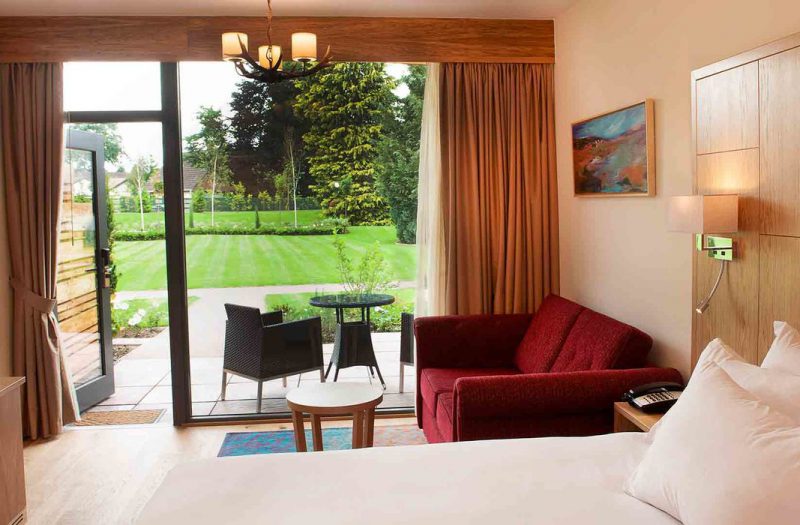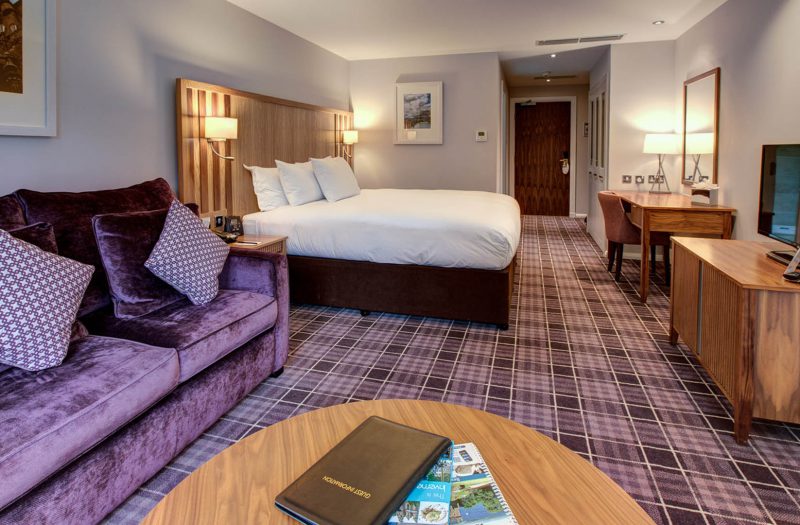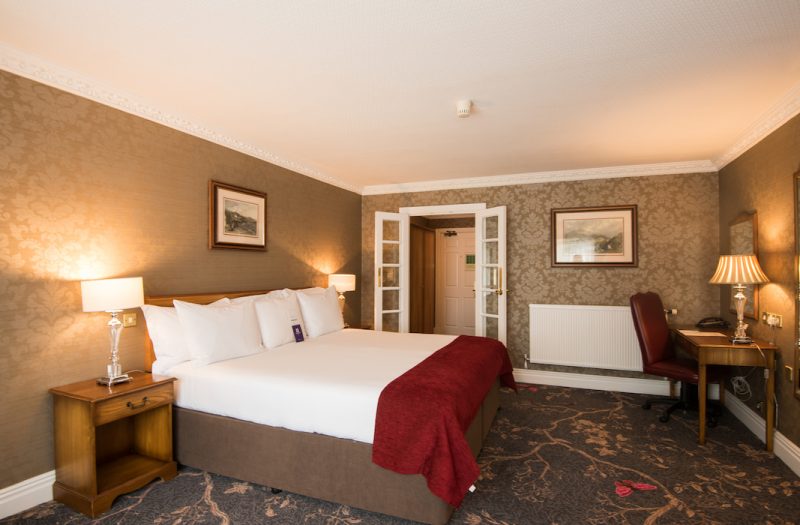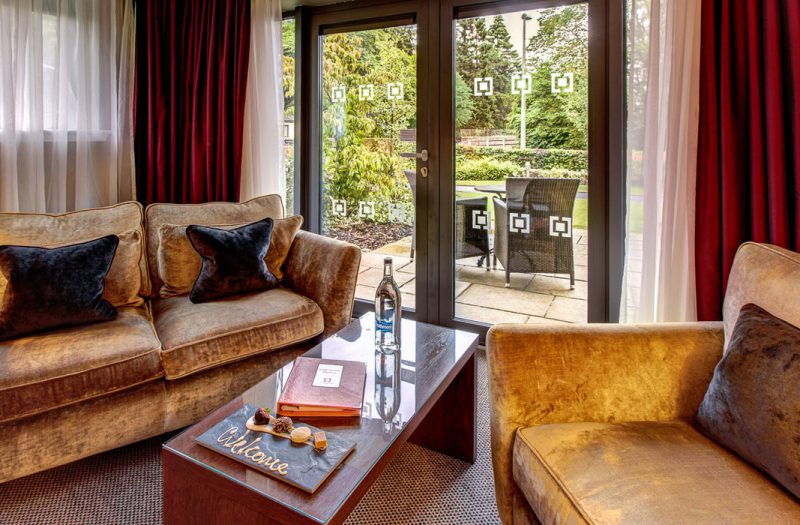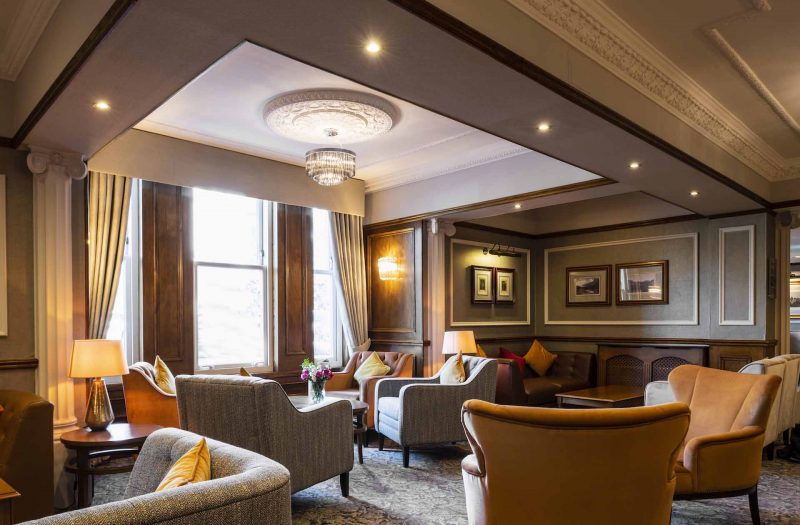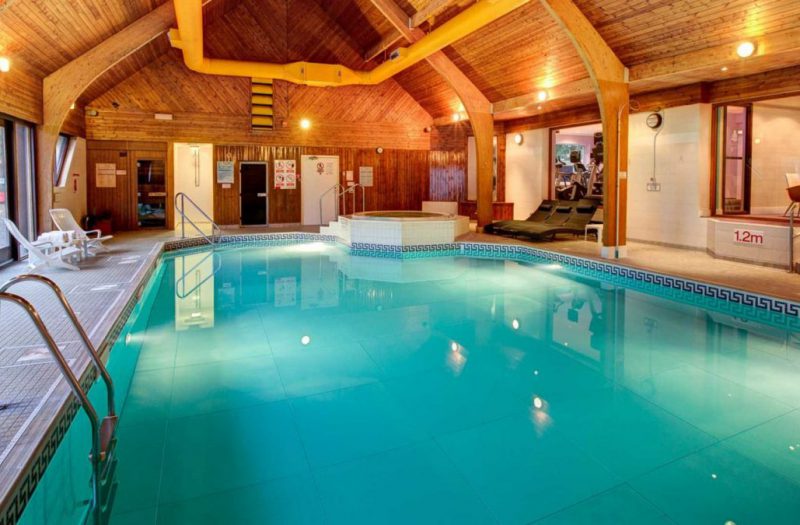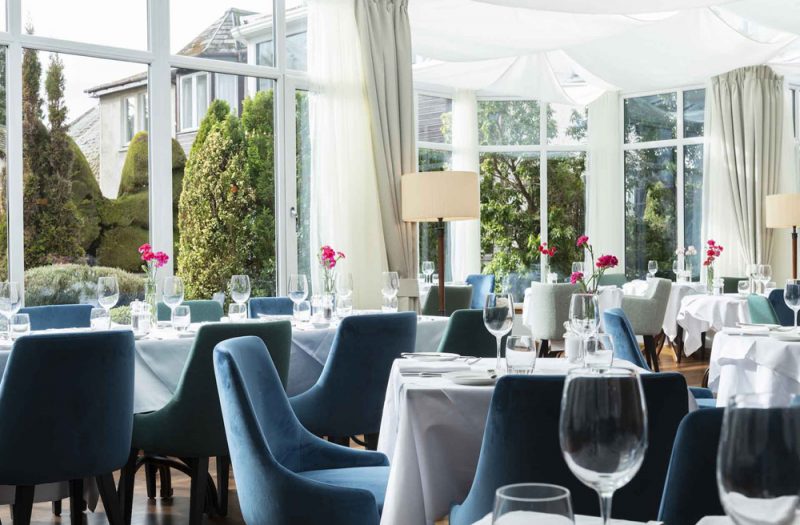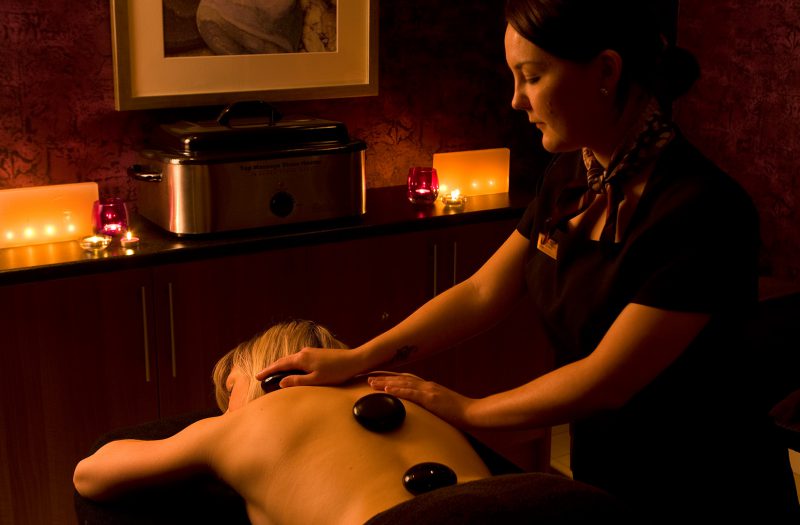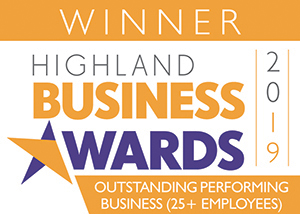Lost in Translation: Deciphering Good Ol’ Scottish Sayings
Age-old Scottishisms, long-forgotten sayings and a thick (often indistinguishable) accent has left more than a few weary travellers scratching their heads. When you find yourself ‘north of the border’, English can sometimes sound like an entirely different language all together. And the further north you go, the easier it is to get lost in translation. Up here in the Highlands, you may need a bit of translation. So to help you ken your “ayes” from your “wees”, we’ve put together this quick guide to our favourite Scottish sayings and their meanings.
The Basics
There are a few basic Scottish words, which most people have heard on the telly and know to expect when visiting Scotland. Aye. Nay. Wee. Lassie. Or as you may know it, yes, no, small, and girl. And while you may have watched enough movies starring striking Scotsmen to guess their meaning, it’s still often a surprise when you hear someone tell you to, “take a wee seat” or what a “wee bonnie lass” you are.

The Not-So-Basics
Then there are the more complex Scottish sayings and phrases. The everyday greetings you hear when you check in to a hotel or ask someone for directions. We mean the “Hoo are ye?” and “Aw right, pal?” Or in other words (a.k.a. plain English), “how are you?” Given the context they are spoken in, it’s not too difficult to venture a guess at their meaning. Especially when the conversation ends with “Nay bother” (no bother) or “Dinnae worrie” (don’t worry).
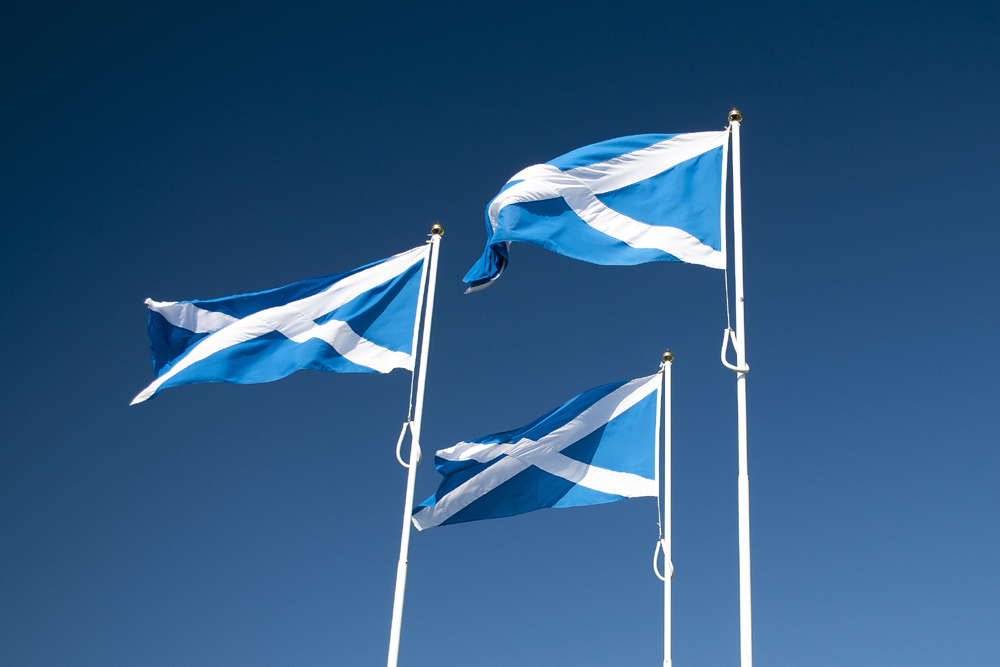
The Pretty-Much-Impossible-To-Understand
And finally, there are the Scottish sayings that are downright impossible to understand. The ones that have been passed down from generation to generation and have their root in Scotland’s fascinating past. Sayings like, “lang may yer lum reek”, which means, “live long and prosper”. Or, “ah dinnae ken” which means “I don’t know”. But some of our favourite Scottishisms are the ones that require a bit of imagination to understand. Who would have guessed, “Black as the Earl of Hell’s Waistcoat!” means pitch black? Or that “Mony a mickle maks a muckle” means small savings add up?
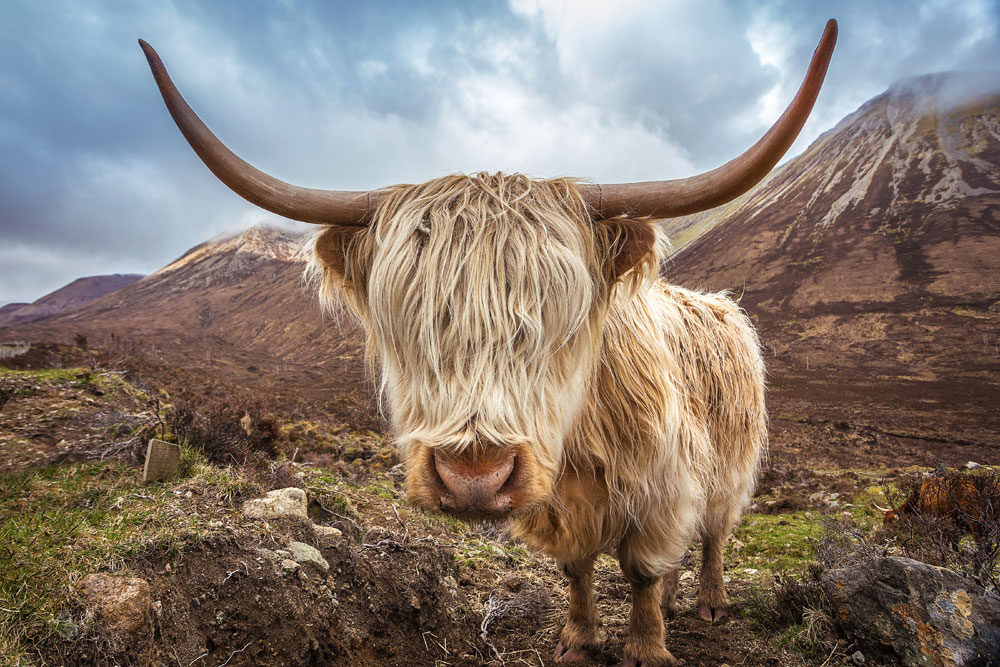
That’s why we love the Scots English. It’s rich, diverse and rooted in a wealth of history. So, pretty much like our wonderful country as a whole!

 Car Charging
Car Charging